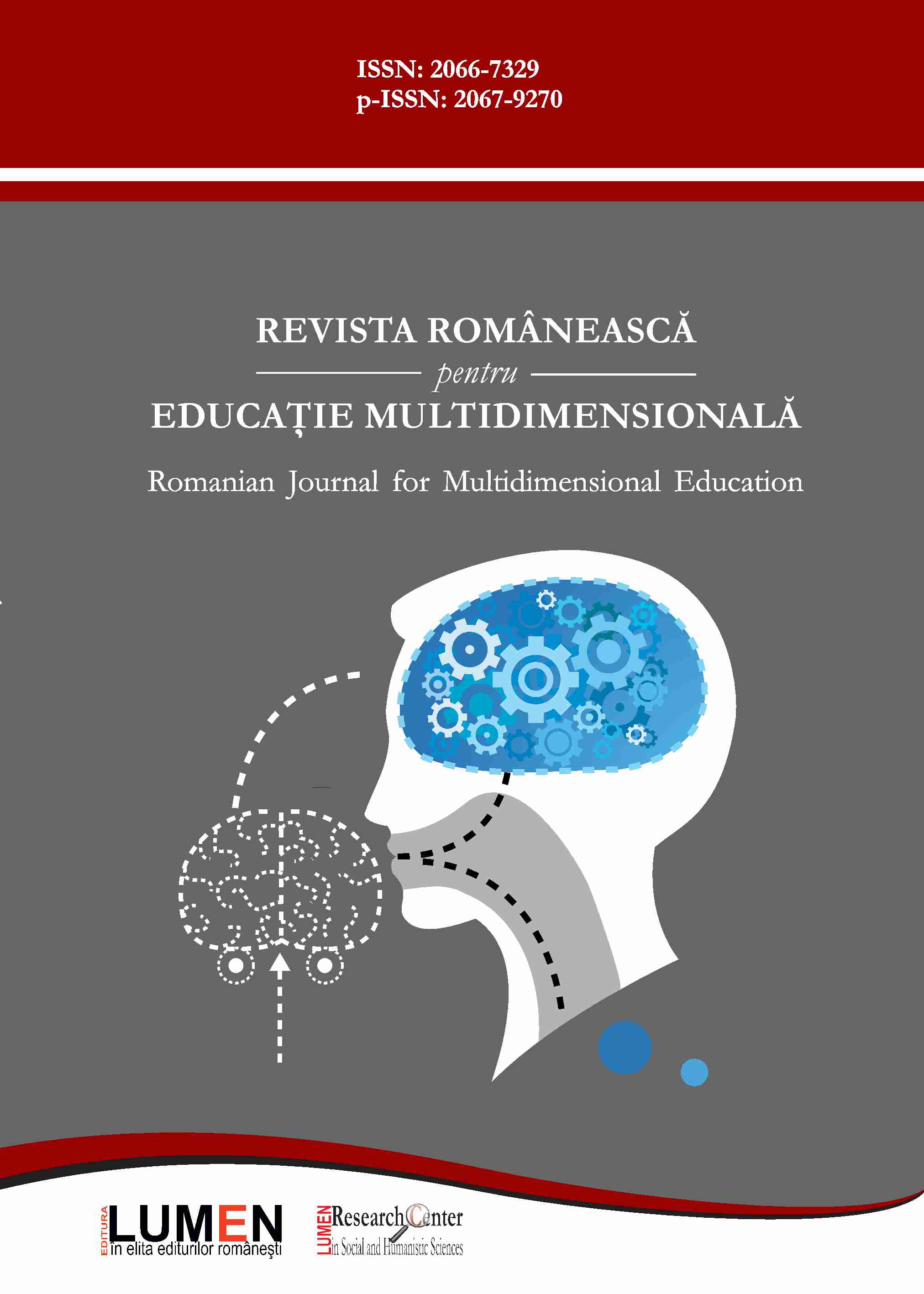Organizational Methods of Formation of Military and Special Competence in Future Border Guard Officers in the Continuing Education Process
Organizational Methods of Formation of Military and Special Competence in Future Border Guard Officers in the Continuing Education Process
Author(s): Oleksandr Torichnyi, Nataliya BhinderSubject(s): Educational Psychology
Published by: Editura Lumen, Asociatia Lumen
Keywords: methods; formation; military and special competence; future border guard officers; continuing education;
Summary/Abstract: Military and special competence in border guard officers is essential for their successful professional activities. The purpose of the article is to distinguish the relevant organizational methods for the formation of military and special competence as a necessary condition for enhancement of efficiency of the educational process and describe their implementation in the continuing education process. To achieve the purpose the following methods were used: theoretical methods (bibliographical method, comparative analysis, structural and systemic analysis, method of theoretical modeling, etc.), empirical methods (questionnaire, conversation, direct and indirect observation, testing, method of expert estimations, self-assessment), and pedagogical experiment. The study involved 160 cadets of second and third years who study for specialty “State border security” and “Law” at the National Academy of the State Border Guard Service of Ukraine named after Bohdan Khmelnytskyi. During the research, we outlined the realization of guided and intentional influence upon the process of formation of military and special competence, verified the effectiveness of pedagogical system of formation of military and special competence in the continuing education process, explained the implementation of active teaching methods, information and communications technologies and acmeological approach to enhance the efficiency of educational process at the Academy. The attention was drawn towards the development of recommendations to lecturers to improve their practical skills of implementation of innovative organizational methods within the educational process. As a result, at the lessons, where information and communications technologies, active teaching methods, and acmeological approach were applied, the level of military and special competence increased significantly by two criteria – activity-practical and personality-functional.
Journal: Revista Românească pentru Educaţie Multidimensională
- Issue Year: XI/2019
- Issue No: 4 Sup1
- Page Range: 278-301
- Page Count: 23
- Language: English

